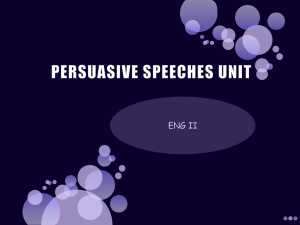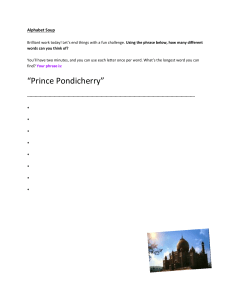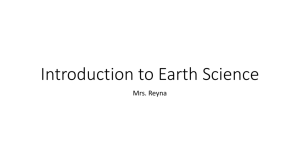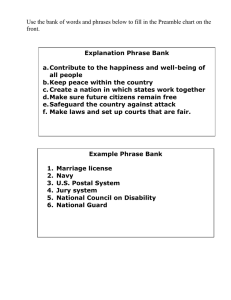Everything is Fair in Love and War: Meaning & Origin
advertisement
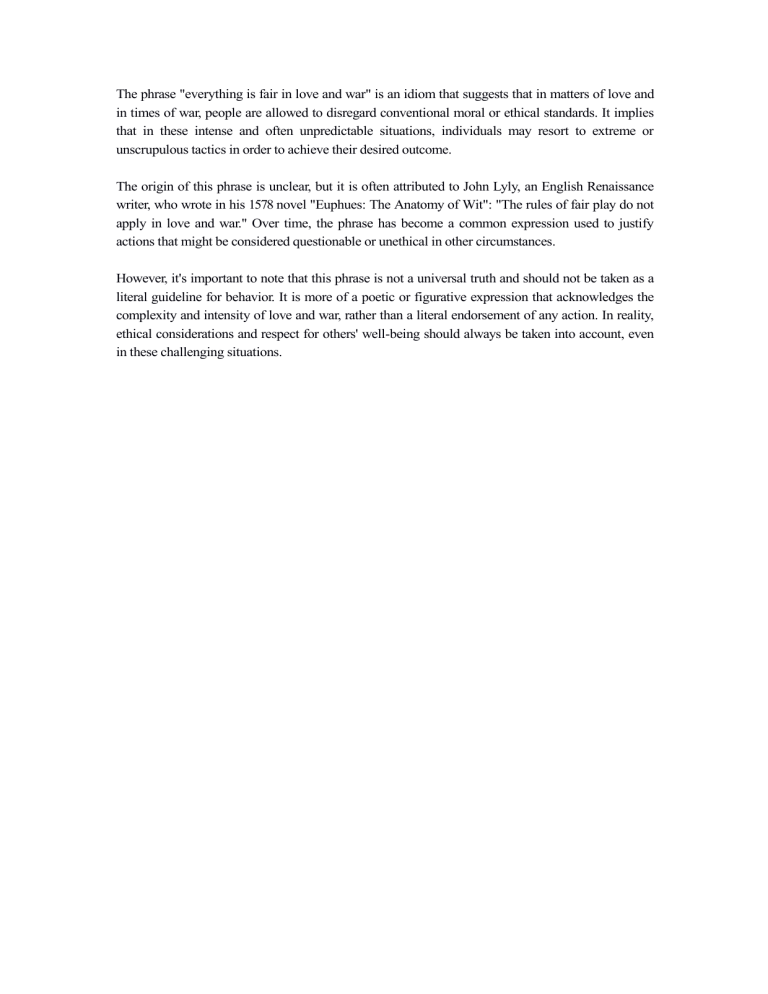
The phrase "everything is fair in love and war" is an idiom that suggests that in matters of love and in times of war, people are allowed to disregard conventional moral or ethical standards. It implies that in these intense and often unpredictable situations, individuals may resort to extreme or unscrupulous tactics in order to achieve their desired outcome. The origin of this phrase is unclear, but it is often attributed to John Lyly, an English Renaissance writer, who wrote in his 1578 novel "Euphues: The Anatomy of Wit": "The rules of fair play do not apply in love and war." Over time, the phrase has become a common expression used to justify actions that might be considered questionable or unethical in other circumstances. However, it's important to note that this phrase is not a universal truth and should not be taken as a literal guideline for behavior. It is more of a poetic or figurative expression that acknowledges the complexity and intensity of love and war, rather than a literal endorsement of any action. In reality, ethical considerations and respect for others' well-being should always be taken into account, even in these challenging situations.
